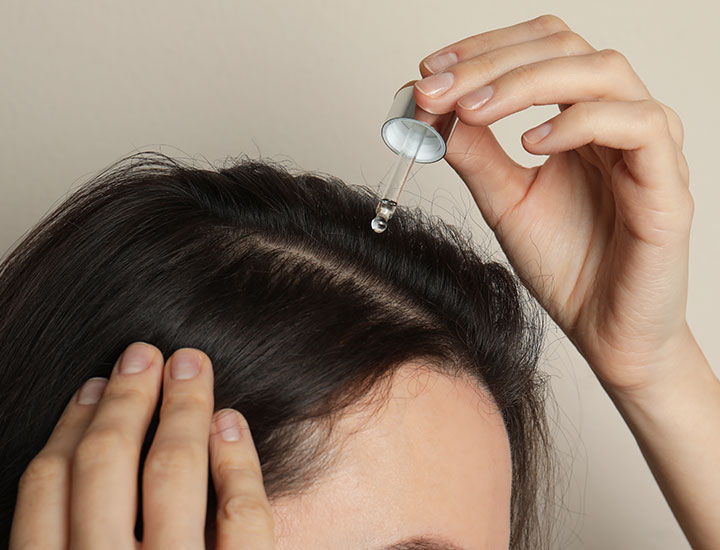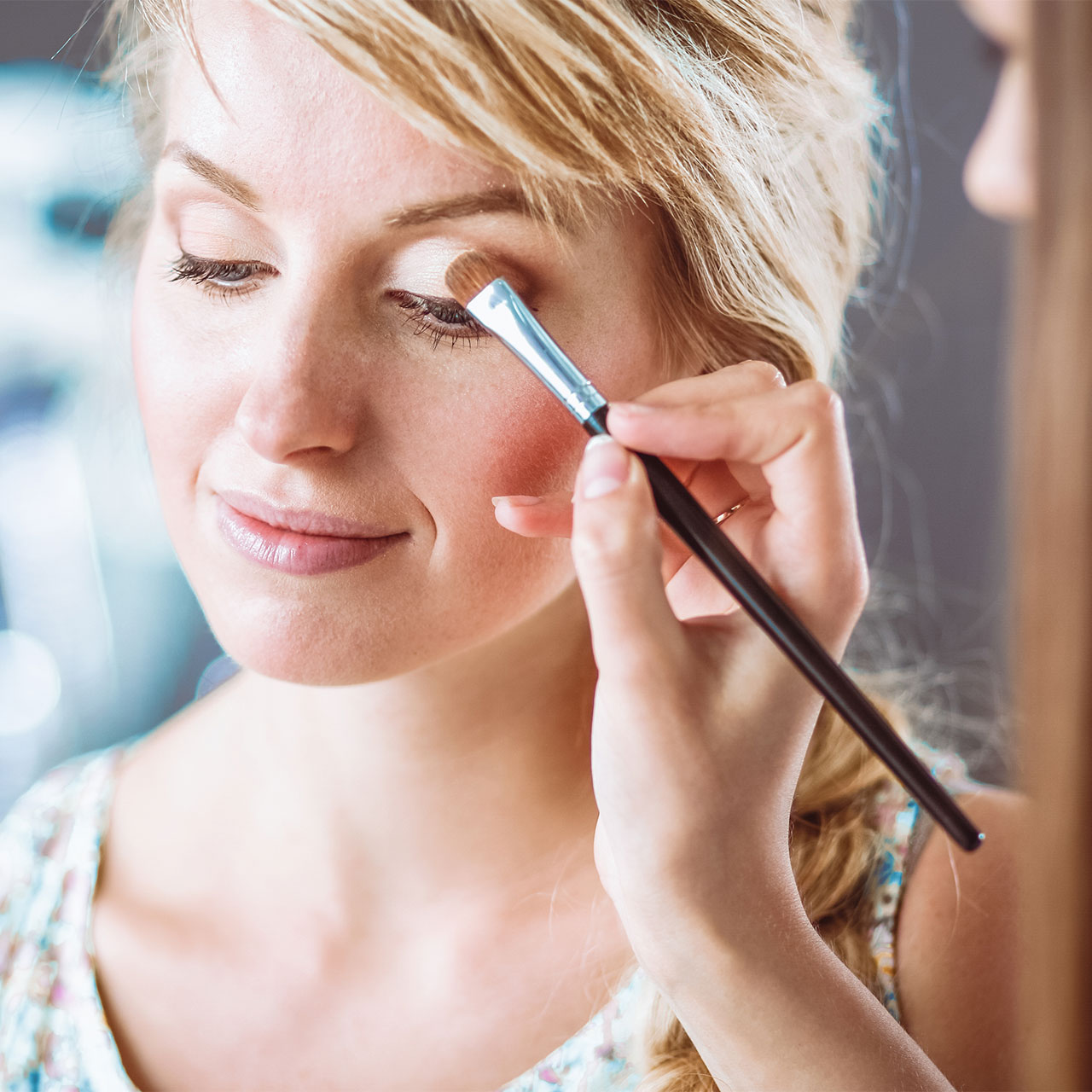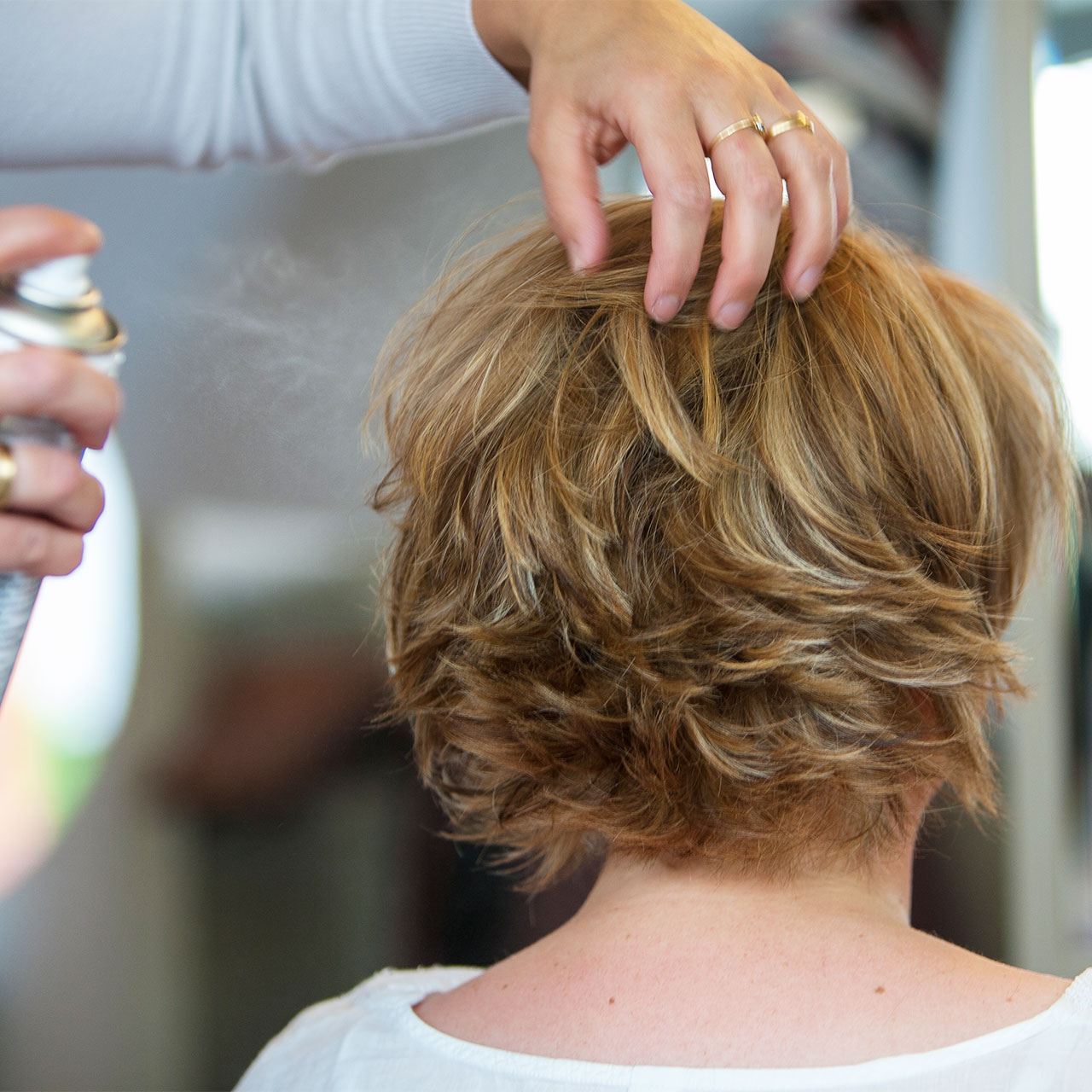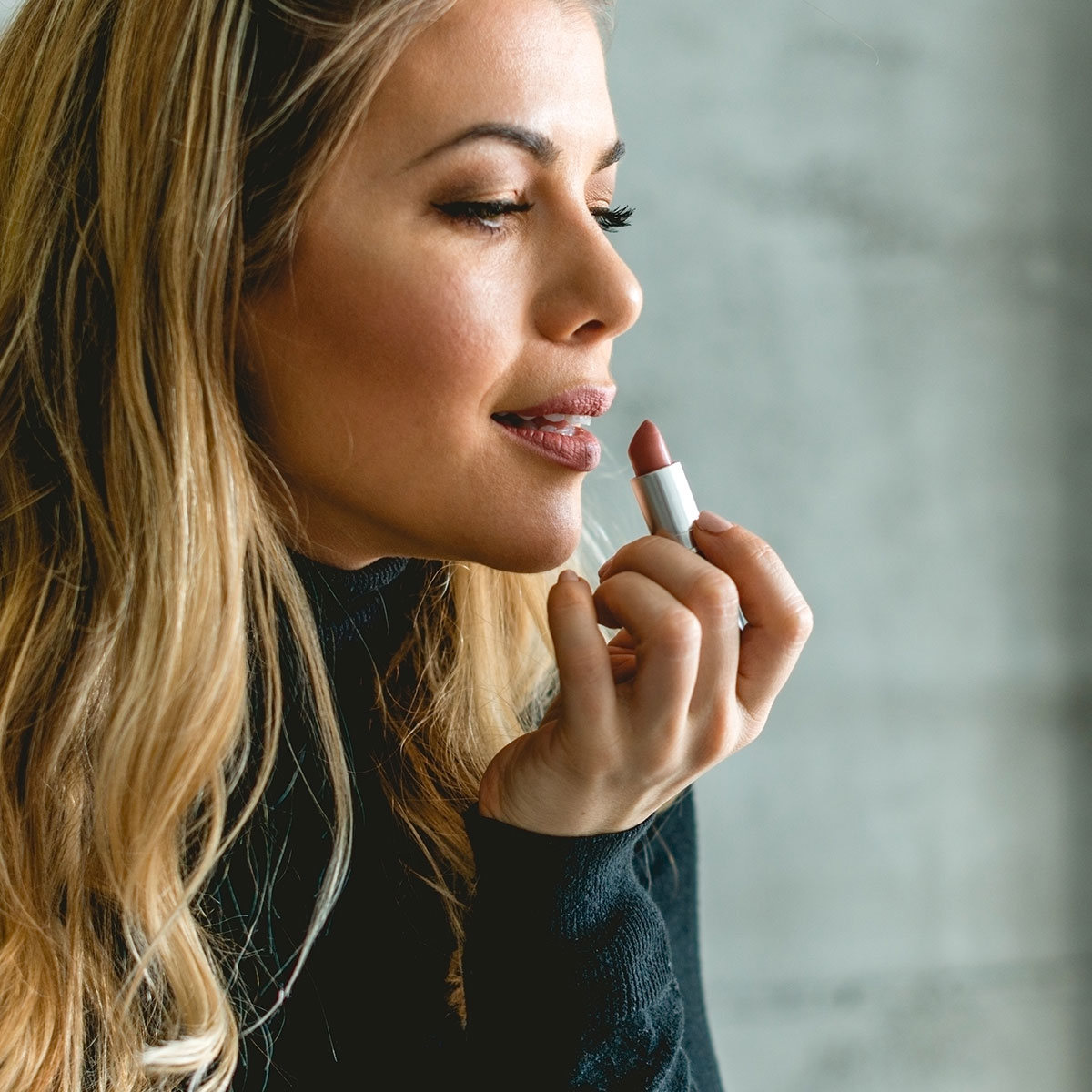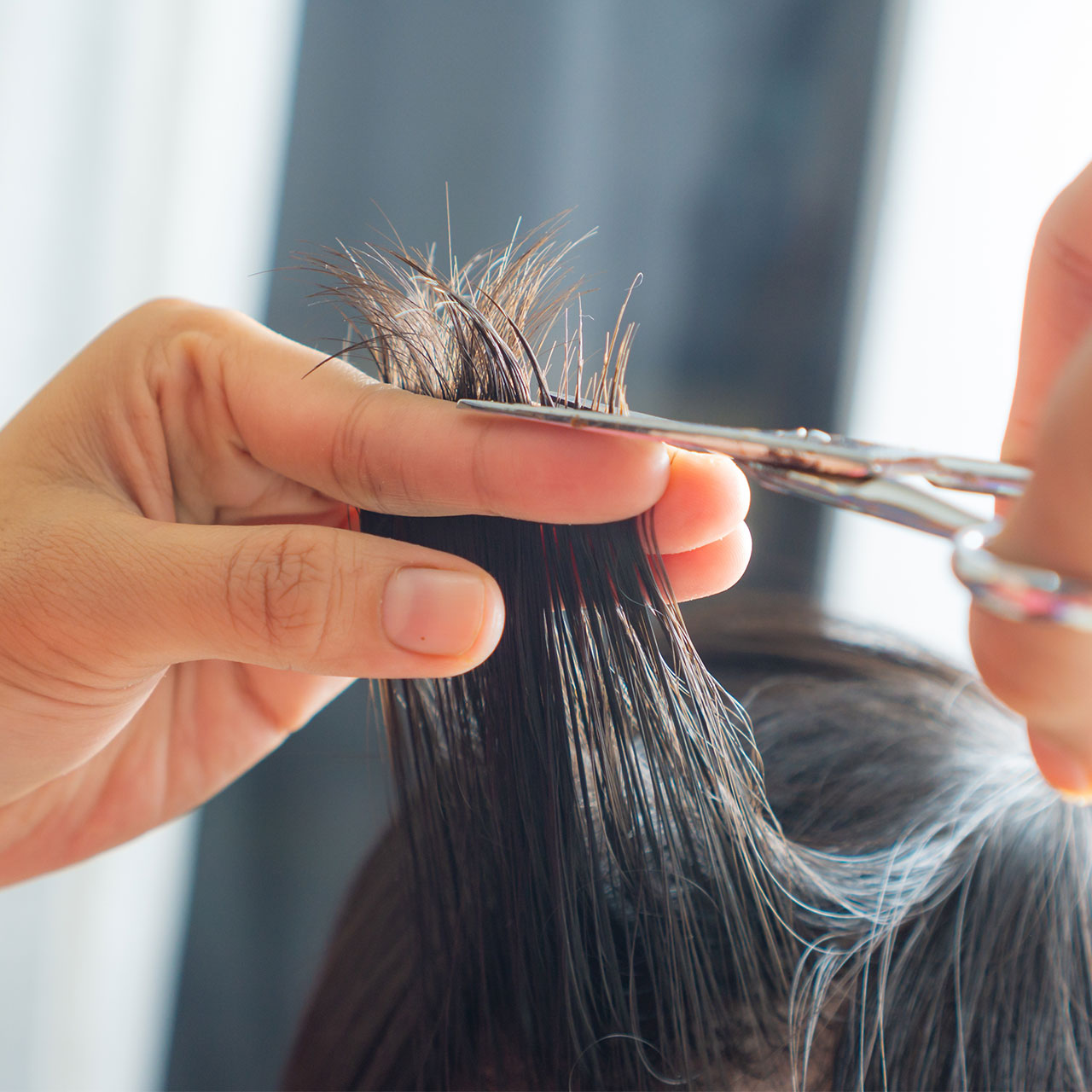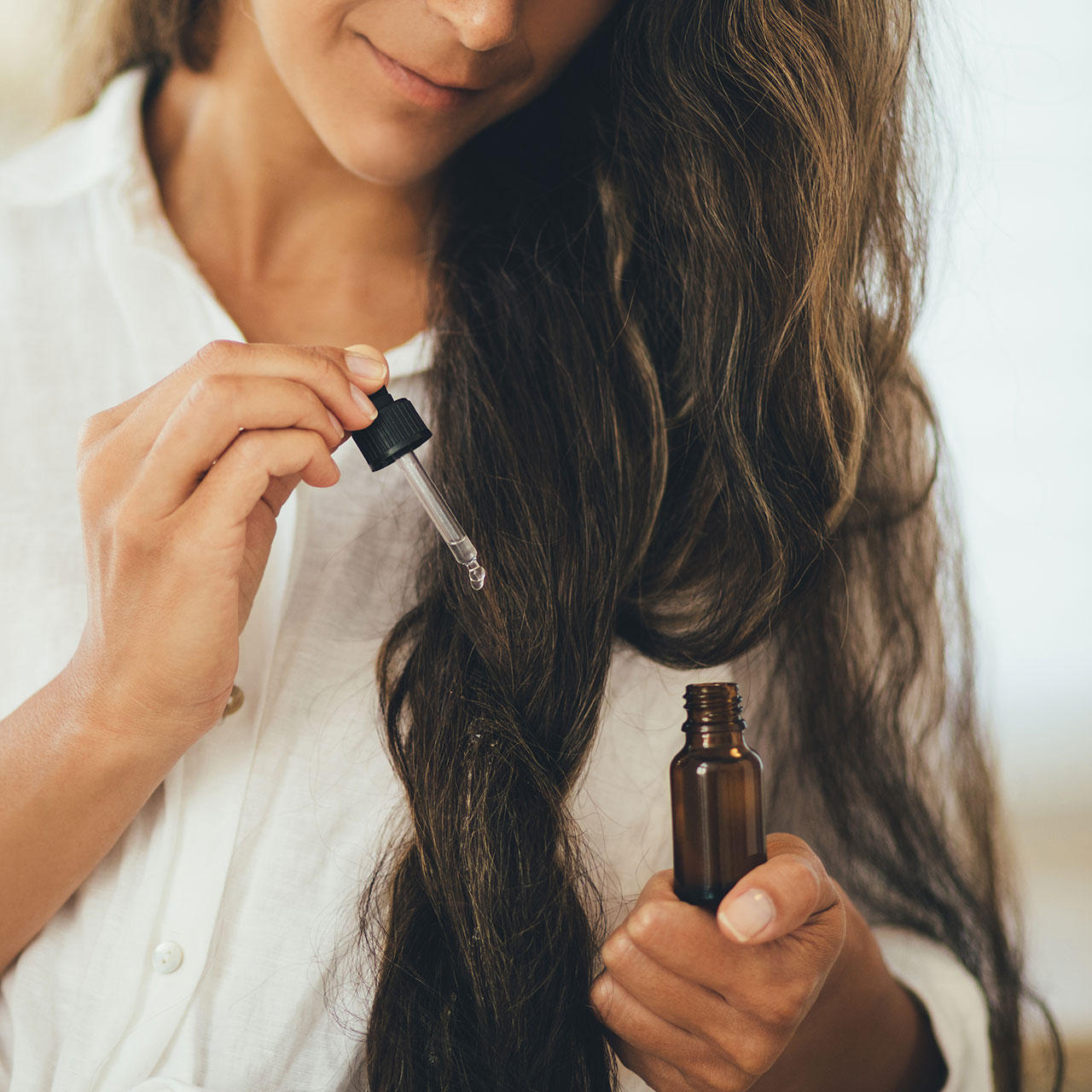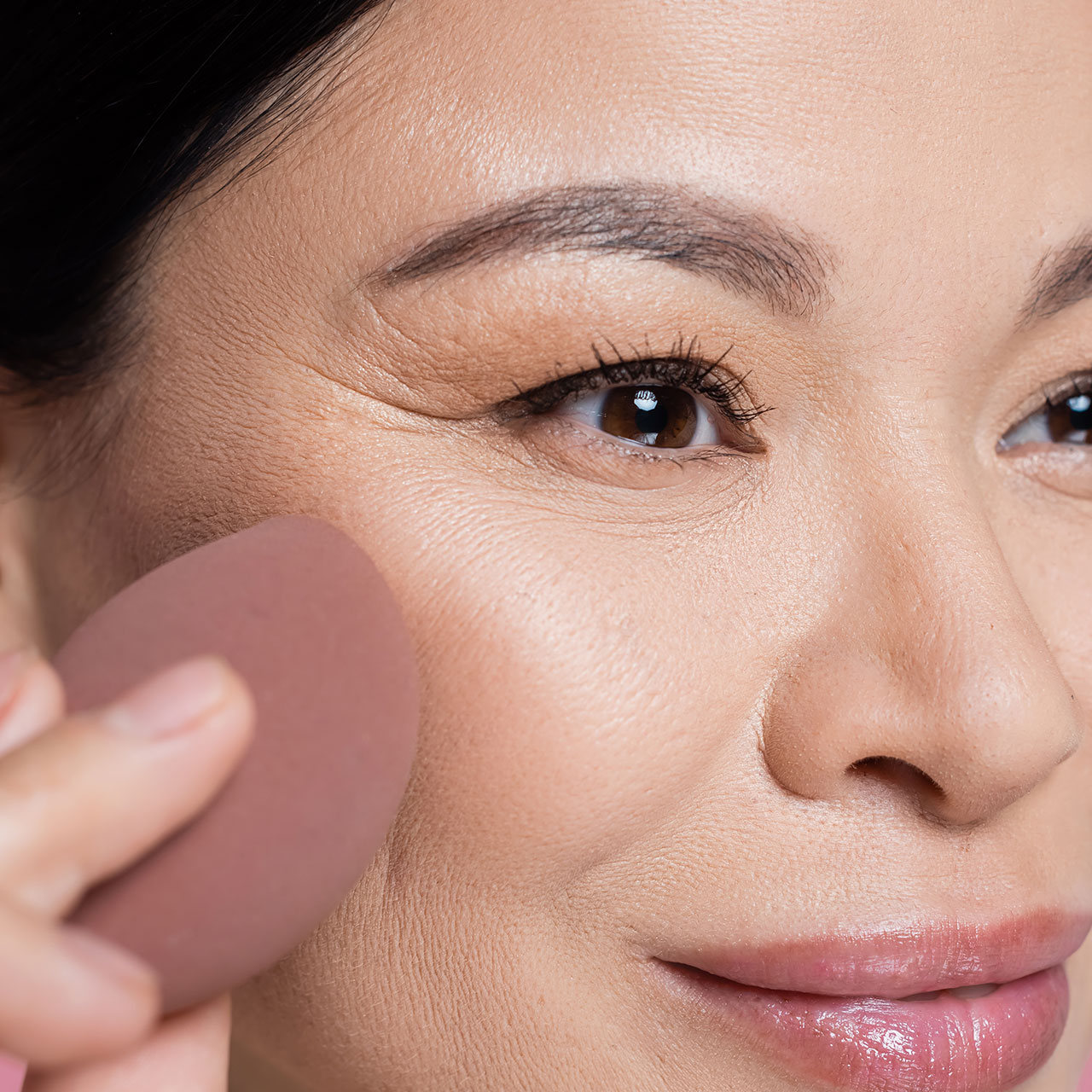Hair loss and thinning hair is rarely a one-treatment-and-you’re-done type of concern. There can be several reasons why your hair is thinning, including age, genetics, stress, postpartum hormonal changes, and even certain medicines you are taking. And just as there are several reasons for shedding hair, there are several solutions, not all of which will work for everyone. With that said, many of us can take steps to boost our hair and scalp health that will support hair growth. Using hair oils and massaging the scalp are two examples of practices that many hair experts recommend incorporating into your regimen — but with so many oils on the market, where you should you start? Hair Restoration Surgeon Dr. Alan J. Bauman, MD, ABHRS, IAHRS, FISHRS, founder, CEO, and medical director of Bauman Medical Group, says these two hair oils can help you achieve a healthier scalp.
Why hair oils?
Many hair oils can be beneficial for the scalp depending on what issue you are trying to target, according to Dr. Bauman. “As with all things hair and scalp related, it’s best to know exactly how your hair and scalp needs to benefit most from your chosen products,” he adds. “Hair/Scalp oiling has begun to trend on TikTok and other social media platforms. However, just like skin care, using improper products or even improper techniques on your scalp can have adverse reactions.”

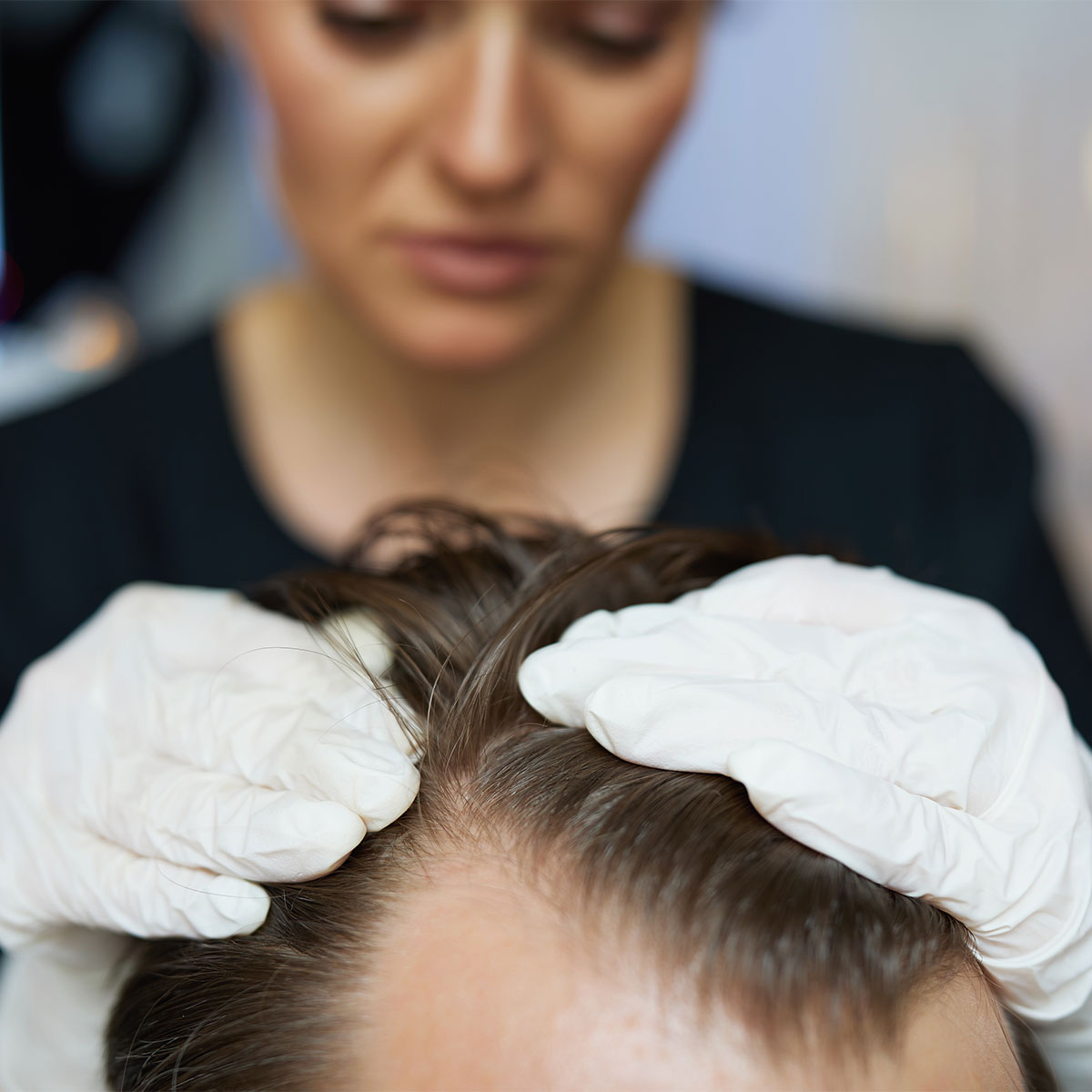
Recommended hair oils
When it comes to choosing oils that have clear scalp and hair benefits, Dr. Bauman has three in mind:
Amla Oil: “Amla oil is rich in vitamins and antioxidants, has antibacterial properties, and can strengthen hair fibers,” Dr. Bauman says. “Amla oil can also hydrate dry and brittle hair strands and moisturize the scalp. Amla oil can be used on all hair types.”
Argan Oil: Argan oil is an anti-inflammatory oil, so it is great to soothe a sensitive or itchy scalp, Dr. Bauman says, adding that this is a lighter oil, so it doesn't just coat the hair shaft but can penetrate the hair cuticle and help with frizzy hair.
Jojoba Oil: Jojoba oil actually has a number of hair and scalp benefits that you might not be aware of. “Jojoba oil can help your scalp retain moisture,” Dr. Bauman says. “Jojoba oil can help regulate sebum production. Jojoba oil can help rid dandruff and seal moisture in the hair.”
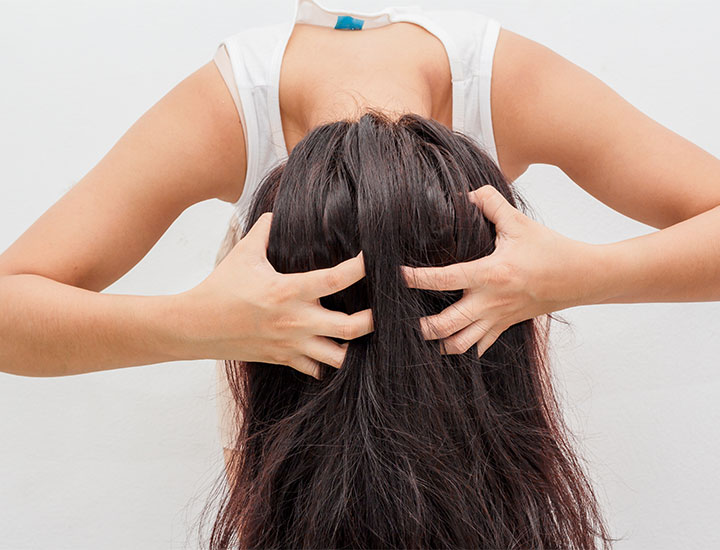
How should oils be incorporated into a haircare routine?
Oils can be incorporated into your hair care routine in various ways. “You can use them as a pre-shampoo treatment meaning that you apply the oil before you shampoo,” Dr. Bauman says. “Allow it to sit on your scalp overnight or for at least 30 minutes, then shampoo and condition as usual. You can apply a small amount of oil on your scalp, massage it, and then use a brush to exfoliate your scalp before shampooing. You can also apply oil and let it absorb as a leave-in treatment.”
Oils can also be used as a hair mask, Dr. Bauman adds and reminds us that it is best to consult a professional hair and scalp expert, like a certified Trichologist or Hair Restoration Physician to evaluate your scalp conditions, any symptoms or issues, and then determine what oils are best for your scalp/hair, as you want your hair and scalp to remain healthy.
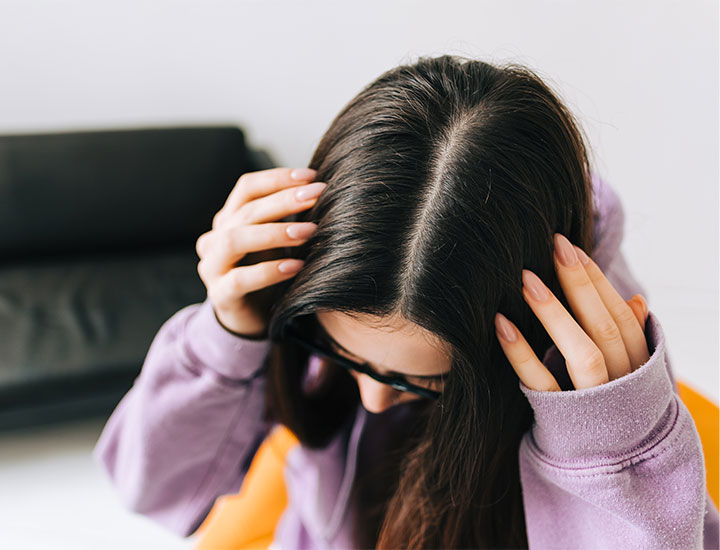
Other tips for maintaining a healthy scalp
Hair oils are a great addition to your routine. But remember to keep these additional tips provided by Dr. Bauman in mind for a healthy scalp:
** Seek a professional Trichologist to understand your hair and scalp needs.
** Don’t go to bed with wet hair/ scalp.
** Make sure you are shampooing based on your hair/scalp type (using the correct shampoo and shampoo frequency). Be aware that this may change with health status, age, environment, lifestyle, change of seasons as well as styling habits, styling treatments, or styling products.
** Mild exfoliation before shampooing can help remove build-up on the scalp.
** Massage your scalp to increase circulation.
** Have a scalp treatment (which is like a facial for your scalp) at least once a month.
** If you have scalp/hair issues, don't wait before you seek help. The sooner you take care of the issue, the better.
** Do not apply conditioner on the scalp (it should be applied mid-shaft to ends) unless the conditioner says explicitly in the directions.
** Always follow the manufacturer's directions on products. With all products, including oils, do a patch test to ensure you don't have an allergic reaction.
** Remember: scalp symptoms like irritation, tenderness, scalp acne (folliculitis), dandruff, itchy/dry scalp or excessively oily scalp may be a sign of poor scalp health.
** If you have hair thinning, hair breakage, excessive shedding, loss of scalp coverage or loss of volume, speak to a doctor who specializes in hair loss, like those who are ABHRS-certified, members of ISHRS or accepted into the IAHRS.





